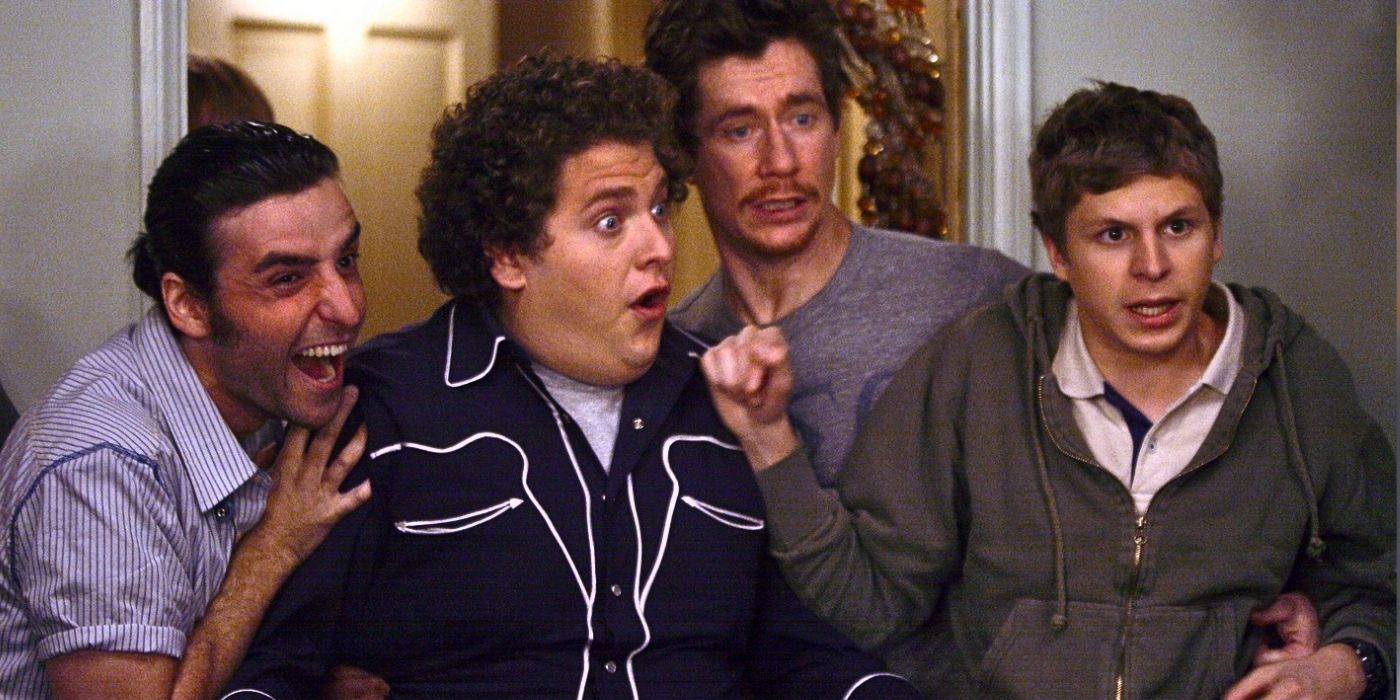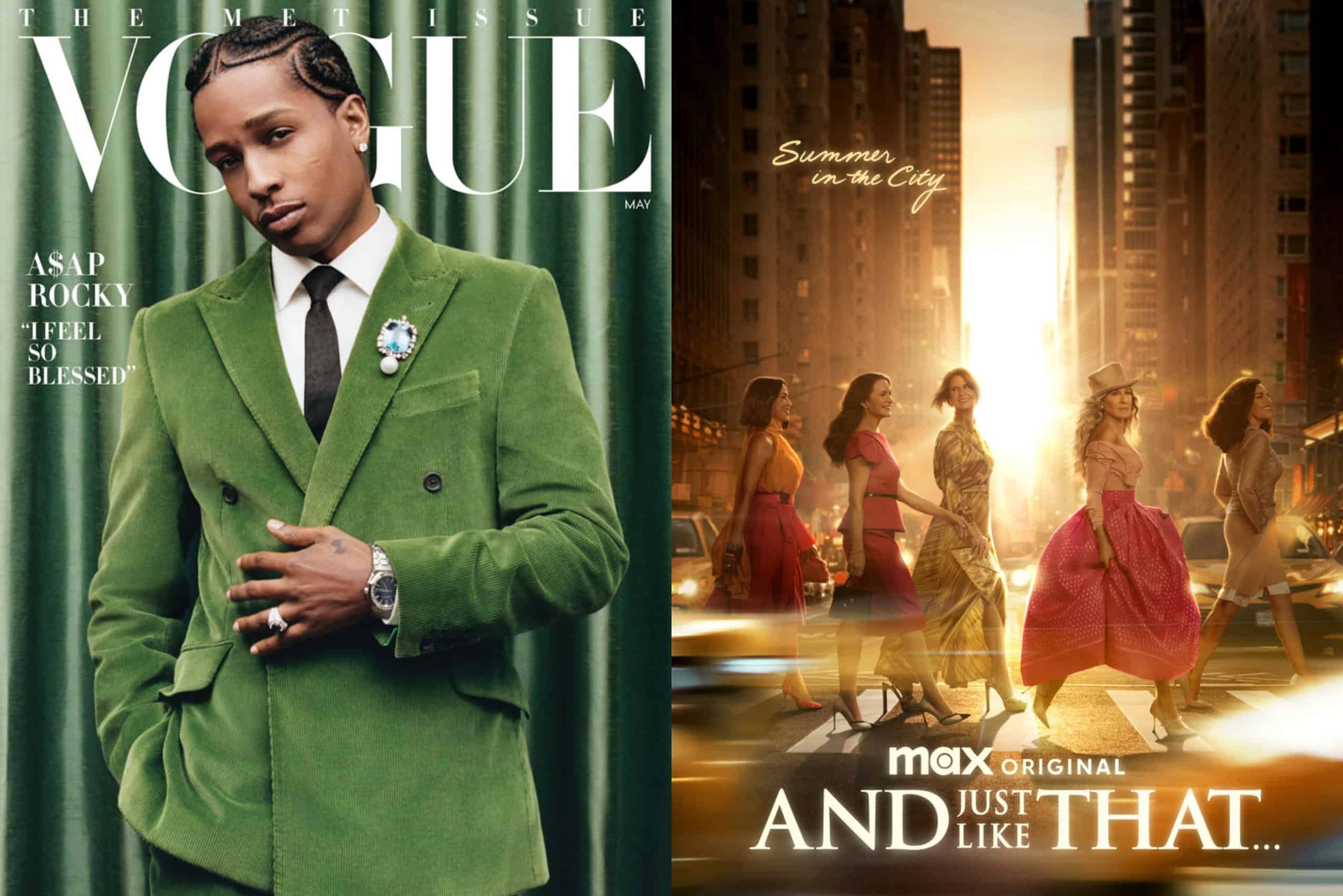Written by Steven Knight, “Spencer” greets its audience with a word: “A fable from a true tragedy,” setting the tone that what we’re about to see is more fiction than fact. Princess Diana (Stewart) is late to the beginning of holiday festivities. She gets lost in the area where she grew up as neighbors to the royal family, a symbol of how she’s lost parts of herself over the years trying to live up to expectations. Once on royal grounds, she’s greeted by a stern-faced former military officer (Timothy Spall), who’s the eyes and ears of the family. There’s nothing she can do without his knowledge. Now reunited with her boys William (Jack Nielen) and Harry (Freddie Spry), Diana tries to put on a brave face even if she knows her husband Prince Charles (Jack Farthing) is having an affair. Her anxiety and depression start to get the better of her. She begins to see the ghost of Anne Boleyn (Amy Manson), the one-time wife of Henry the VIII who was beheaded so her husband could marry his mistress, as an omen for what will be done to her. Diana finds an ally among her staff in Maggie (Sally Hawkins), but even she is pulled away just when Diana needs her the most. Robbed of her privacy outside and inside the opulent estate, the walls feel as if they were closing in on Diana as she loses her grip on reality until she can break out and save herself.
As of late, Larraín seems fascinated by women held captive by societal cages and how they find an escape route. There was Natalie Portman’s tear and bloodstained performance as the First Lady in “Jackie” back in 2016. Then, most recently, his sexually-charged drama “Ema” found a street dancer breaking with convention, polite society and her choreographer turned controlling romantic partner. “Spencer” shares a lot with “Jackie,” namely the stifling demands made on famous women in designer clothes and grand homes. They may appear to the outside world as having it all, but the reality is much sadder: their cages are gilded, but still a cage.
The latest addition to that cage is Kristen Stewart as a moody Diana, a performance that will likely be divisive among the princess’ defenders. The accent feels hit or miss, as do some of her actions. At times, it seems as if the movie reduces her to a childish state, throwing a fit after being denied her choices to do much else. Knight’s dialogue may be at times blunt and surface-level, and too often doesn’t give Stewart enough much room for nuance. Much of her performance can be described as a doomed brooding or a royal “Melancholia,” unable to pull herself out of that state until she finds a way out of the royals’ clutches.
You can view the original article HERE.


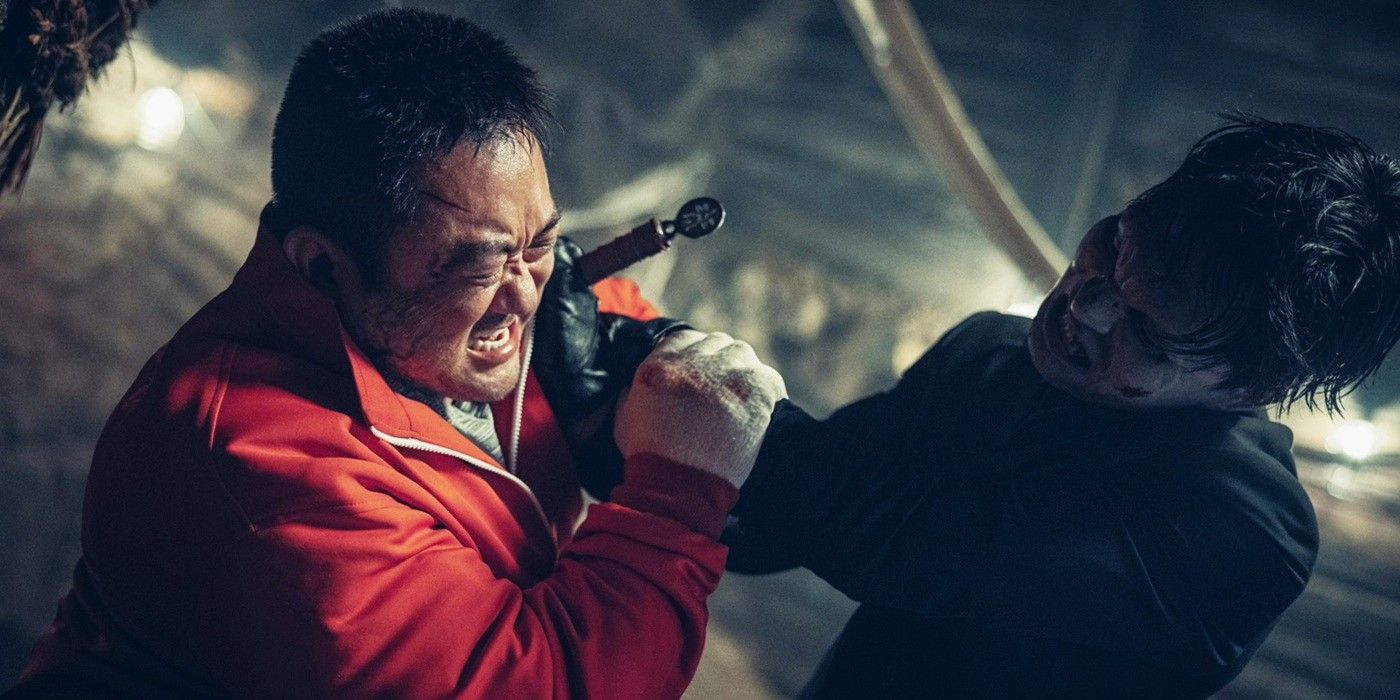


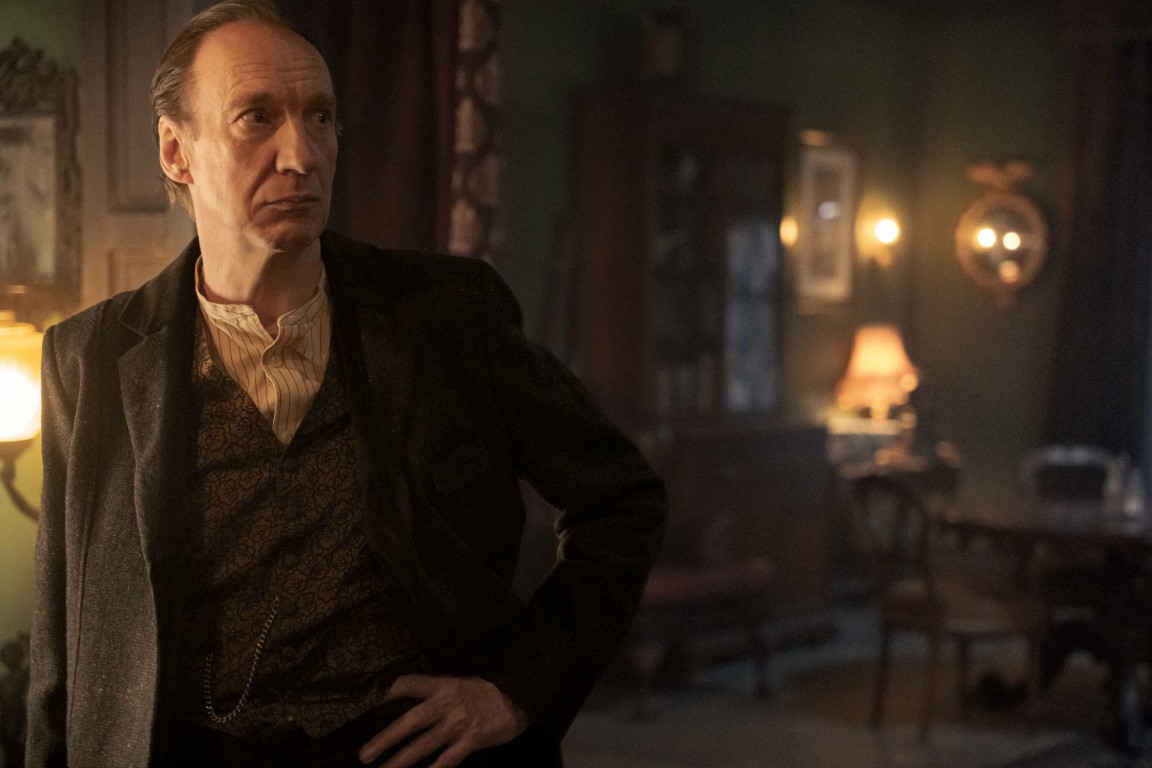
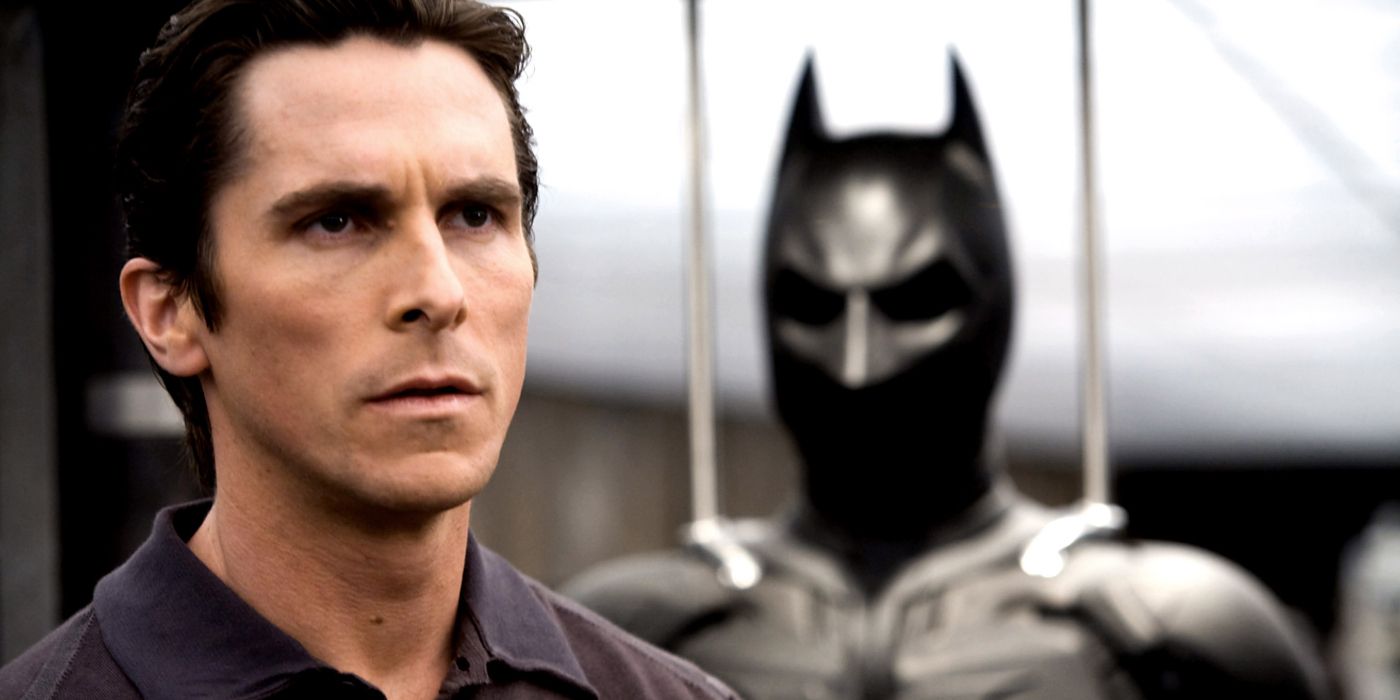




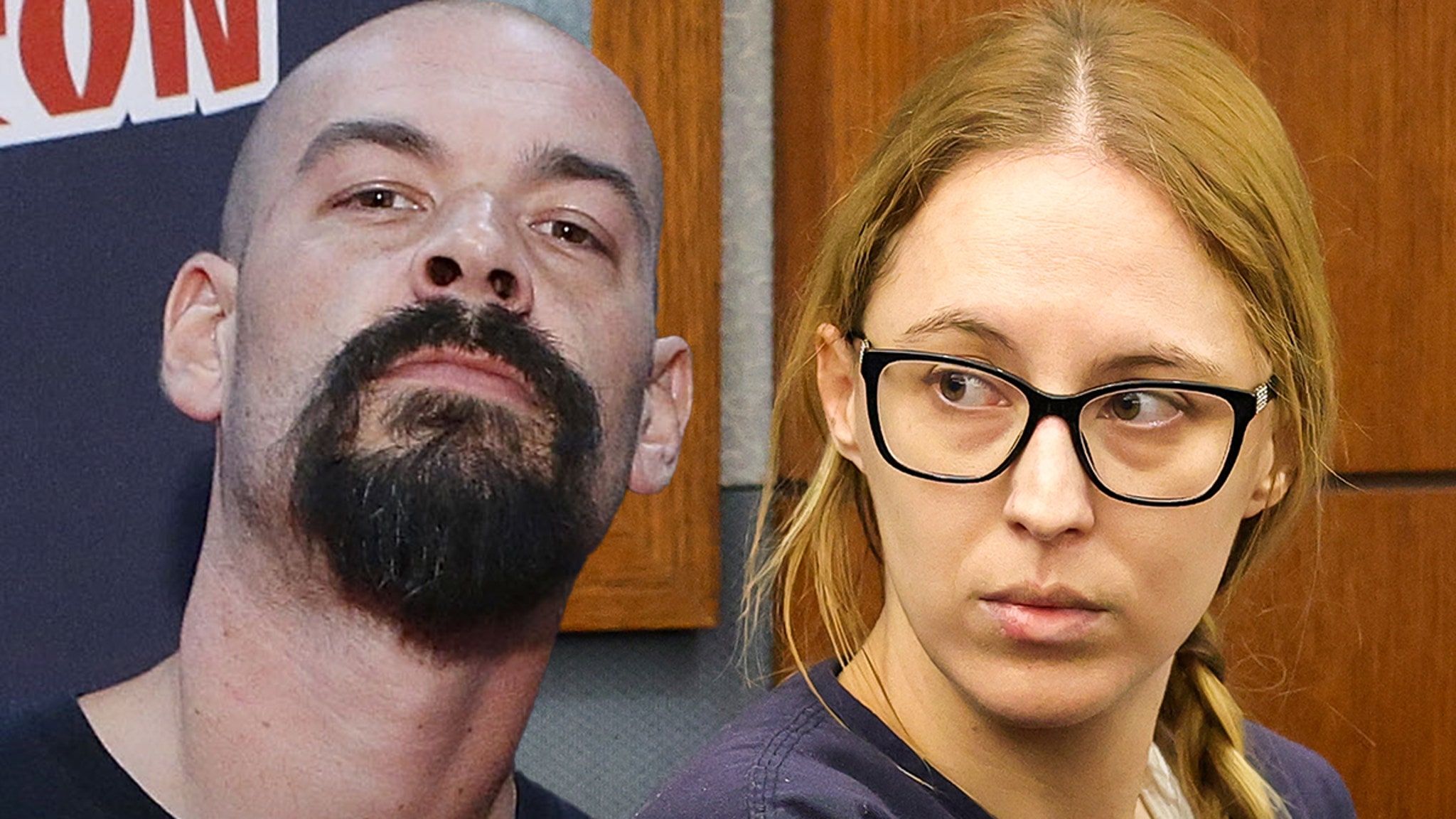
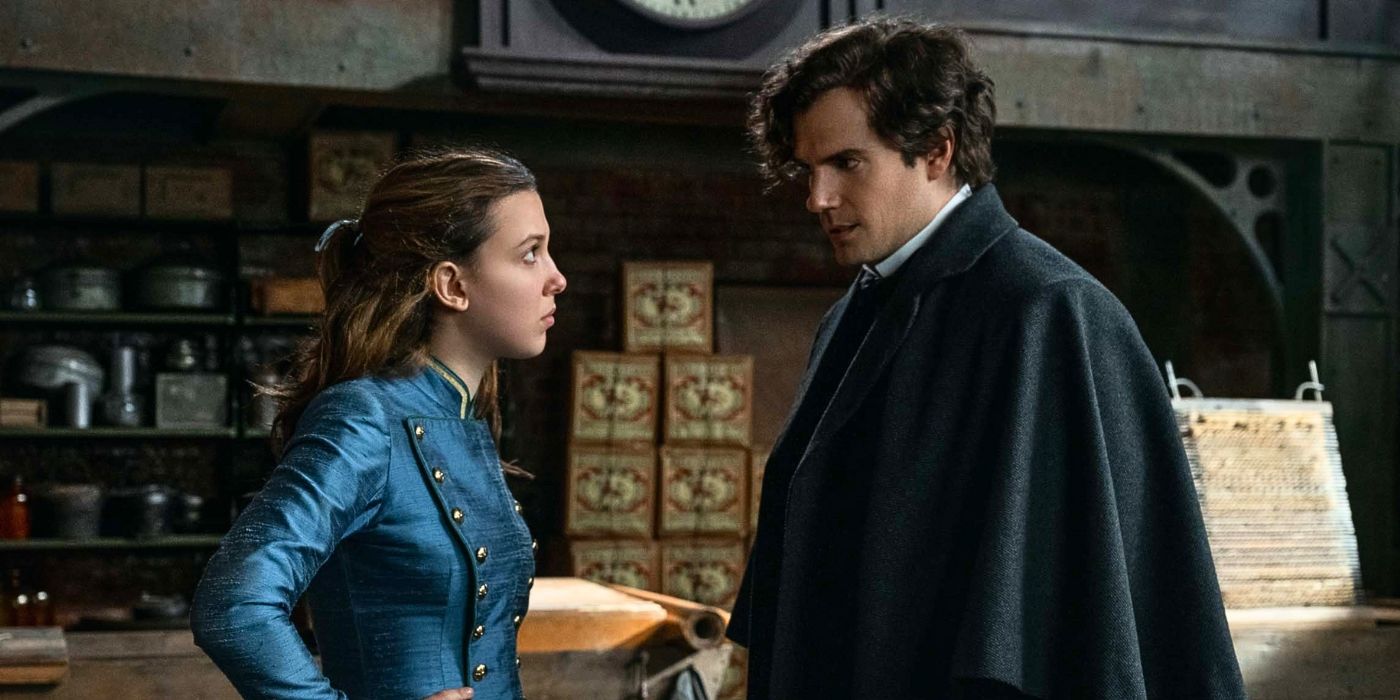


.jpg)









